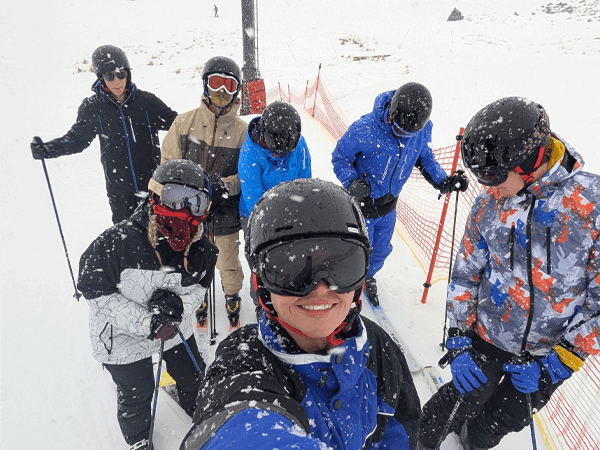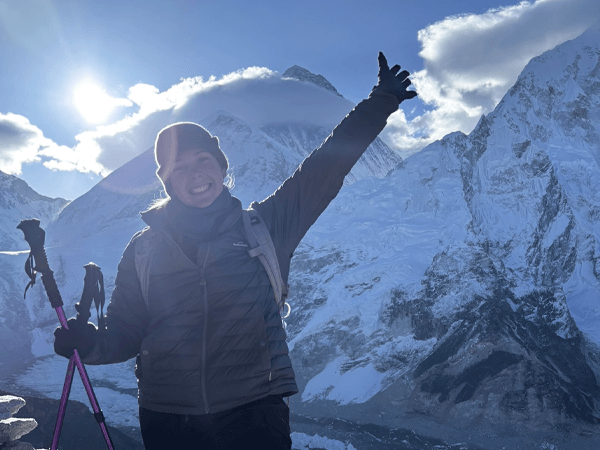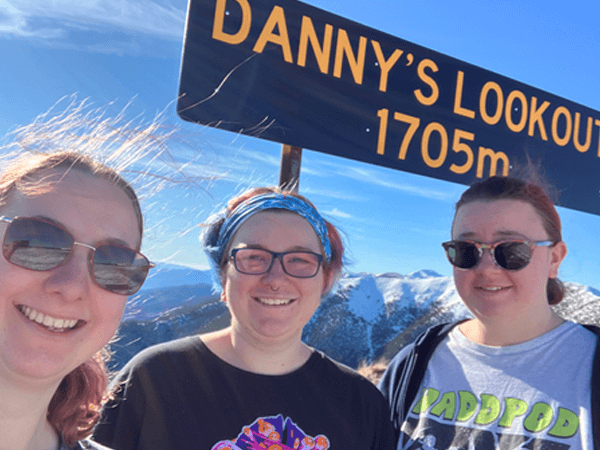A Guide to Planning a Unit Camp
By Youth, For Youth
![]()
Young people contribute to leading their Unit’s adventures in ways that reflect their age, interests, and abilities – with adult volunteers there to provide support every step of the journey. In this guide, Venturer Scouts share some tips and tricks to help make your Unit’s next camp a youth-led success!
Nothing brings a Unit together like camping. But it’s not always easy to know where to begin, and sometimes it can be difficult for Scouts to take the lead. So, we’ve put together this guide with ideas and inspiration to help you and your Unit get #OutsideIn25 for a great camp.
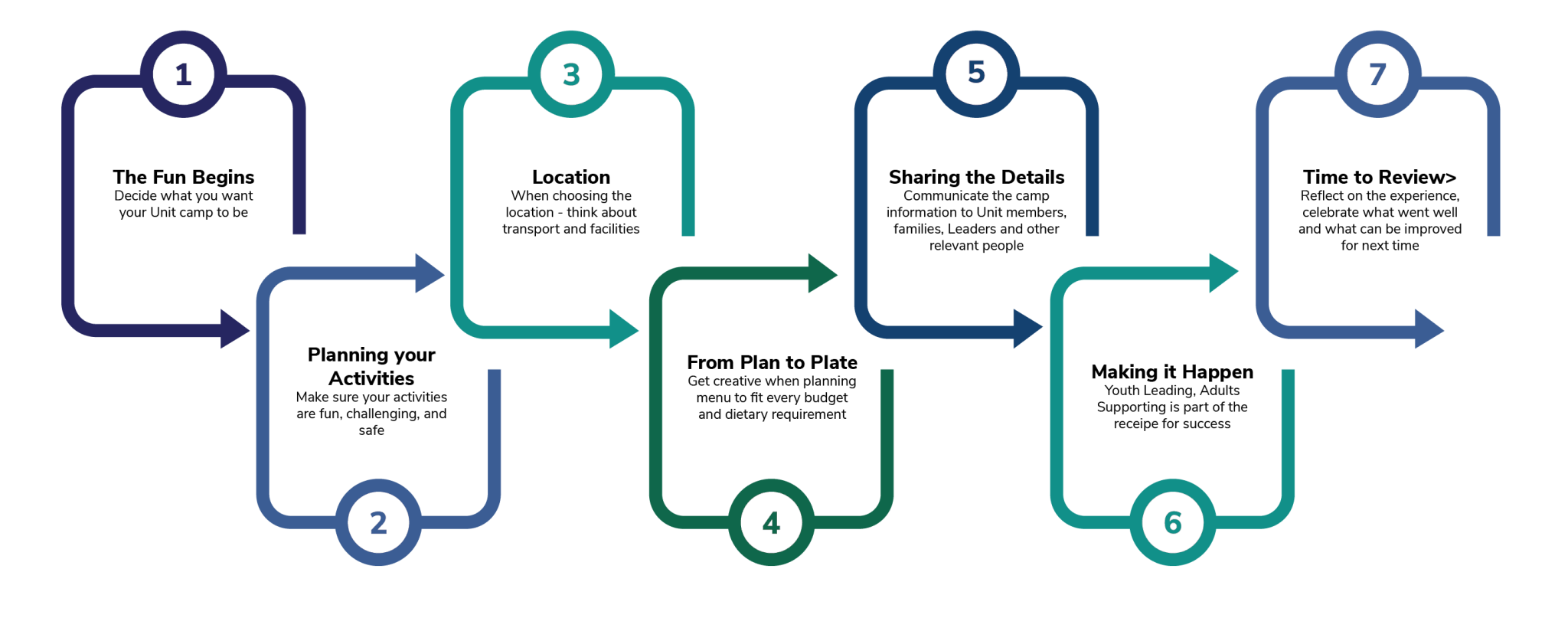
Step 1: The fun begins
Planning a camp with your Unit is all about preparation and sharing the load, and the best way to make it run smoothly is to involve everyone from the start. Before camp, hold a planning night or Unit Council to map out dates, meals, gear, and the program.
Together, identify your goals for the camp: What skills do you want to develop, what experiences will you take on together, and how will you challenge yourselves? These goals will guide your programming – helping you plan activities that offer meaningful personal progression and the right level of challenge for your Unit.
Consider allocating Unit members as leads or assists for different areas, such as food, program, or risk management. You could even split responsibilities by Patrols, so each Patrol takes charge of a day’s meals or a particular activity, with Leaders available to offer guidance where needed.
Step 2: Planning your activities
Remember to make sure your activities are adventurous, fun, challenging, and inclusive. This might include building certain Outdoor Adventure Skills, exploring new places, or other challenges such as competitions or wide games. Include some downtime too, such as singing around the campfire, board games, or sports!
While planning your adventure, think carefully about safety and work with your Leaders to manage risks. Depending on your activities, you may need trained instructors, specialised equipment, or contingency plans in case things go off track.
Step 3: Location, location, location
Choose a venue that suits your adventure, whether that’s deep in the forest or next to the beach! When choosing a location, think about transport, facilities, and the kind of activities you want nearby.
Depending on the ages and experience levels of your Unit, the activities you’ve planned, and the weather, decide whether you’ll be staying in tents, cabins, a Scout hall, a ski lodge, or even sleeping under the stars.
Step 4: From plan to plate
Planning meals is a great way to get creative: decide whether you’ll cook as a Unit, in Patrols, or individually. Write shopping lists that consider dietary needs, budgeting, and cooking time. Even Joey Scouts can have a say in food planning, by suggesting meals they like and learning how to create a balanced menu.
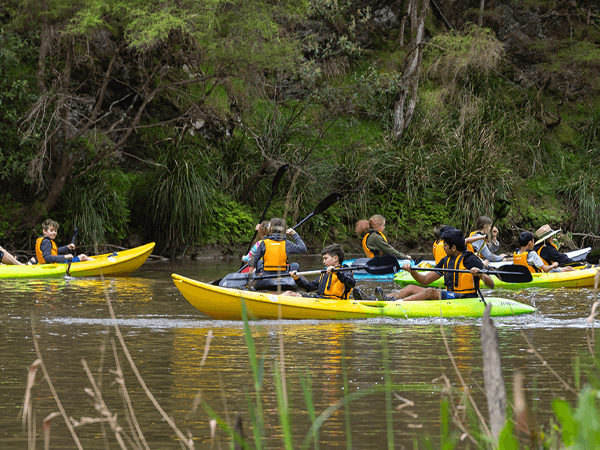
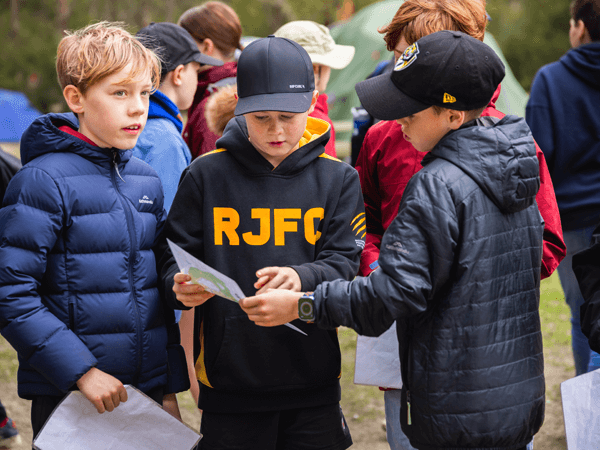
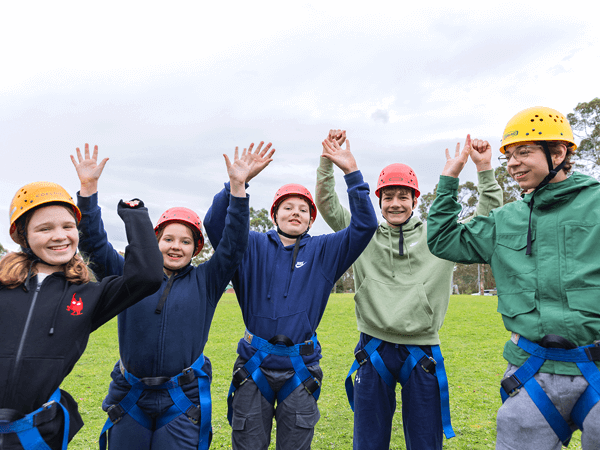
Step 5: Sharing the details
Communicate the camp information to Unit members, families, Leaders, and other relevant people. Make sure they know the important details, what to bring, and the cost. Follow your Branch’s procedures for activity approval and parent consent.
Step 6: Making it happen
It’s time to put your planning into action and bring the adventure to life! Whilst on camp, remember jobs like pitching tents, collecting firewood, cooking, and cleaning are all chances to learn new skills, so rotate them around.
Youth leading, adults supporting is part of the recipe for success! Youth can make decisions, run activities, and take responsibility in age-appropriate ways. Meanwhile, Leaders step in with safety checks, advice, and encouragement.
Step 7: Time to Review>
Not only does the gear need to be packed away following a camp, but it’s also important to reflect on the experience, celebrate what went well, and think about what could be improved for next time.
This Review> will solidify the personal growth that has occurred and help with planning for even better camps in the future. Make sure to thank your Leaders for their energy and efforts before the camp is over!
With good planning, camping becomes a chance to relax in nature, practice new skills, and build memories with your Unit that will last long after the fire burns out.
This article has been written by Western Australia’s Venturer Scout Project Patrol. We are a Patrol of Venturer Scouts and form part of the Branch program support team. Led by the Youth Commissioners, we are appointed to represent Units across WA and take part in planning our awesome Branch events!
![]()

